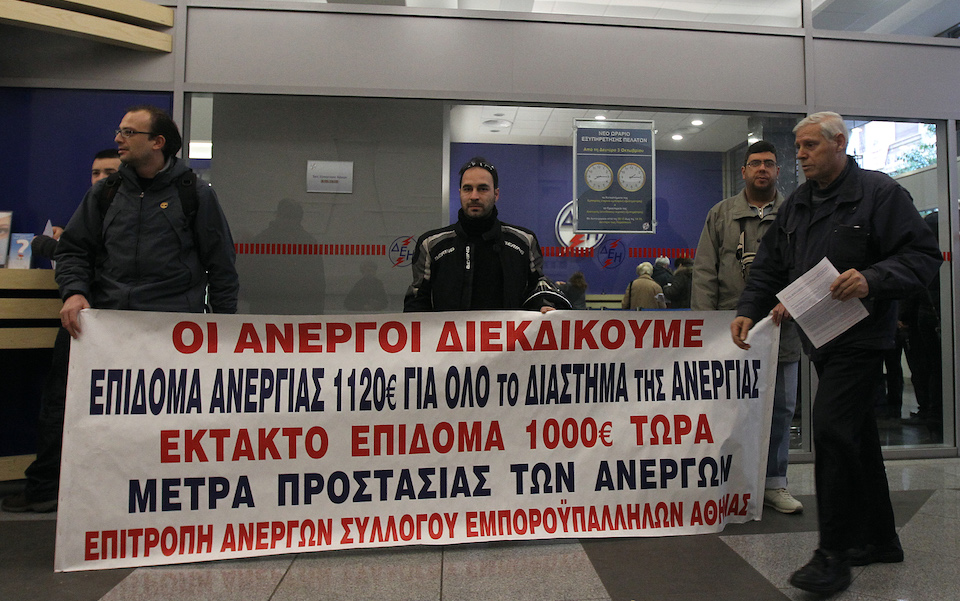A workforce trapped in inactivity

Almost one in four Greeks of working age has “a need to work that hasn’t been met,” but doesn’t go to the trouble to look for a job, Eurostat statistics have revealed.
The pandemic and the unprecedented social and economic conditions have created a peculiar context of relaxation in the employment market. Experts warn that this is a problem that transcends the usual matters of matching supply to demand and skills. They also note that freeing the potential workforce trapped in inactivity is a complex problem that is directly connected to education.
Just as tens of thousands of employers are saying they cannot find the appropriately skilled staff, there is a 22.2% share of the workforce that according to the European Commission is either looking for work or has been declared available to work under different conditions but has exited the labor market owing to the pandemic. Some of those people do work part-time but express the wish to work more hours, which constitutes another case of unsatisfied demand for employment.
Across the European Union in 2021, about one in every seven people expressed a desire to work that remained unfulfilled. Greece, alongside Spain and Italy, is one of the three countries with the highest rates, as Greece ranks third with 22.2% of an expanded workforce that includes not only salary workers and the jobless, but those indirectly available for work and those not seeking employment, likely disappointed due to their inability to join the labor market. The EU average comes to 14%, amounting to 31.2 million people who have not managed to be employed.
The figure has traditionally been high in Greece, as in previous years it was always affected by the high jobless rate, which constitutes one of its components: In 2013 and 2014 it reached as high as 34%, but in 2020 and 2021 its growth is not due to the unemployment, but rather the pandemic, which made people less keen to actively seek work.
Crucially, the government’s protection measures amid the lockdowns and the change in mentality have led to the phenomenon surging in Greece.





